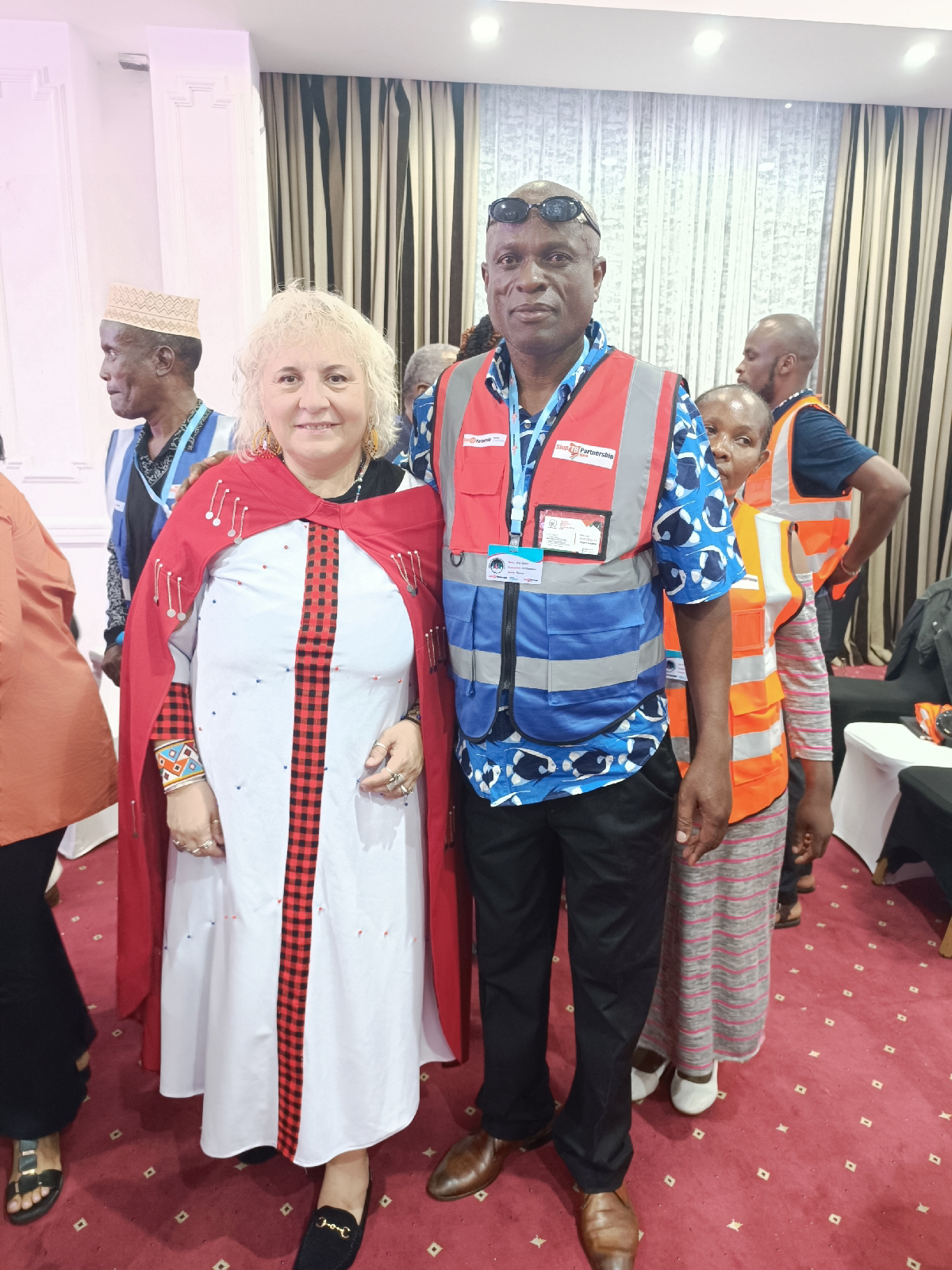Imagine it: in the new era of integration, a patient walks into a pharmacy with hope, only to walk out with stigma that sticks like a permanent label, broadcasted for everyone to see. The supposed champions of this integration seem to have missed a small, yet crucial detail: patients are not just numbers on a spreadsheet. They are human beings, and with HIV, they’ve had more than their fair share of challenges. Yet, under the careless handling of this shiny new “integrated” system, we are sending people back to the shadows they’ve fought so hard to emerge from.
The rhetoric in the boardrooms is all sunshine and rainbows. Service integration, they say, will bring efficiency! More access! Less stigma! But on the ground, in the so-called “real world,” what we’re seeing is quite the opposite. When pharmacy staff loudly disclose a patient’s status, or when people are sent from one counter to another without the sensitivity such a process requires, it feels less like progress and more like a painful flashback to the bad old days when HIV was treated like a shameful secret.
This is where HIV integration risks turning into HIV erosion. The erosion of trust, the erosion of dignity, and the erosion of the gains we’ve made as a country in fighting the stigma and discrimination that so often comes with HIV. All it takes is one reckless service provider, one thoughtless public disclosure of a person’s HIV status, and you’ve got yourself a clinic full of empty seats where there should be patients receiving life-saving treatment.
Let’s not pretend this is a one-off occurrence. The same insensitivity we’re hearing about in clinics across Kenya is starting to rear its ugly head in boardrooms, too. The people at the helm of policy are falling over themselves to cradle this “integration” baby, while leaving behind the very principles of confidentiality, respect, and human rights that are meant to protect the people they serve. It’s a dangerous game, and the losers will be those at the mercy of this broken system.
The gains we’ve made in Kenya’s battle against HIV are nothing short of monumental. We’ve turned a disease once synonymous with death into a manageable condition. We’ve gotten people into care, on treatment, and back into the community, not with labels but with dignity. Yet this careless approach to integration threatens to unravel all of that. If we don’t fix this now—if we don’t demand accountability from the people running this show—then we will have to face the harsh reality that we’ve not only failed those living with HIV, but we’ve also failed the generations who were supposed to inherit a world where #AIDSIsNotOverYet.
Integration should mean breaking down barriers to care, not creating new ones. It should mean treating patients as whole people, not as diseases to be hidden or statistics to be ticked off a list. We cannot allow HIV service integration to become a euphemism for undermining human rights. Not when the stakes are this high.
As we all know too well, HIV isn’t just about health. It’s about humanity. And if our healthcare systems can’t reflect that, then maybe we need to rethink who’s really calling the shots. Because one thing is certain: if we let this careless approach continue, we’ll find ourselves back at square one—only this time, we’ll have no one to blame but ourselves.






